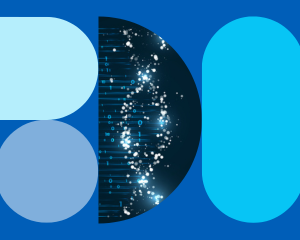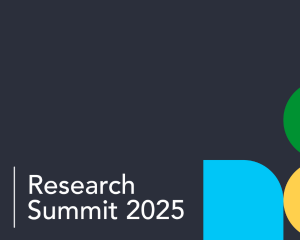
The Skin - A Window to Genetic Conditions
The skin is an amazing organ. It protects us from the sun, keeps us warm and lets us sense the world around us. But what if we also said that your skin could be the key sign of a cancer predisposition syndrome and could save your life?
Join us at 7 pm on the 21st of November for a webinar looking at the skin in the context of rare genetic conditions. Learn about the power of genetic testing, hear about overcoming the challenges to reach a diagnosis, and talk to experts in the field about the skin.
The webinar will feature the rare genetic condition Birt-Hogg-Dubé syndrome (BHD) as an example of where skin symptoms could prompt genetic testing and timely diagnosis. BHD causes skin bumps, lung collapses and kidney cancer. Skin bumps are one of the first symptoms, however, they are often not recognised. This means that people miss out on essential kidney cancer screening.
The skin is a window to genetic conditions and is an opportunity to speed up diagnosis and ensure patients get the care that they need. Through this webinar, we hope to raise awareness of genetic diseases that affect the skin and give you the tools to ask your doctors about genetic testing.
We have a group of wonderful speakers who will be sharing their knowledge and personal experiences.
This Webinar is hosted by Genomics England in partnership with The Myrovlytis Trust and the BHD Foundation.
Speakers
Chair - Vivienne Parry (Genomics England)
Vivienne Parry is a writer and broadcaster. A scientist by training, Vivienne hosts medical programmes for BBC Radio 4, writes widely on health, presents films, facilitates many high level conferences and trains young researchers. She has a part time role as Head of Engagement at Genomics England which delivered the 100,000 Genomes Project.
Professor Neil Rajan MD PhD
Prof. Neil Rajan MD PhD is a principal investigator and honorary consultant dermatologist based in Newcastle, England. His basic science research programme is coupled with the delivery of early phase clinical trials in rare disease, an exemplar of which is the TRAC study in CYLD cutaneous syndrome, where he was chief investigator. He works with patients with inherited skin tumour syndromes to jointly advance understanding of how skin tumours form, with the intent of developing new therapeutic strategies.
Professor Stefan Marciniak
Prof Stefan Marciniak studied medicine at the University of Cambridge as part of its MB/PhD Programme. After medical posts in Cambridge, London and Edinburgh, he undertook post-doctoral training in New York funded by the Wellcome Trust and as an MRC Clinician Scientist Fellow back in Cambridge. He established his research group in the Cambridge Institute for Medical Research (CIMR) as an MRC Senior Clinical Research Fellow in 2012. He is now Professor of Respiratory Science at the University of Cambridge and an Honorary Consultant Respiratory Physician at Addenbrooke’s and Royal Papworth Hospitals. His laboratory research focuses on the role of stress signalling in lung disease. His clinical research focuses on pleural medicine, especially the genetics of pneumothorax. He directs the NHS Rare Disease Collaborative Network (RDCN) in Familial Pneumothorax, chairing its bimonthly national MDT.
Professor Edel O’Toole
Prof Edel O’Toole is a clinical academic at Queen Mary University of London and she is active in research in rare skin disease (both laboratory and clinical trials). She received her medical degree from University College, Galway, Ireland and subsequently trained in Galway and Dublin in Medicine and Dermatology. In 1994, she moved to Northwestern University, Chicago to work with Professor David Woodley on keratinocyte migration and extracellular matrix funded by a Dermatology Foundation and subsequently a Howard Hughes Medical Institute Physician-Scientist Fellowship. From 1998-2001, she completed her clinical training in Dermatology in London. Edel’s clinical interests are genetic skin disease (palmoplantar keratodermas and ichthyoses) and paediatric dermatology. She became Professor of Molecular Dermatology in 2008. She is a co-director of the Wellcome-funded HARP (Health Advances in Underrepresented Populations and Diseases) clinical doctoral training programme. She is Chair of the Medical Advisory Board of the Ichthyosis Support Group and is on the Steering Committee of Pachyonychia Project, a patient support group for patients with pachyonychia congenita.
Carol Cox - patient representative
Carol Cox, our patient representative, was diagnosed with Birt-Hogg-Dubé syndrome in April 2022, not long after her sister was diagnosed with the same disorder. Both Carol and her sister had a succession of misdiagnosed clinical symptoms, and it was only through genome sequencing that a genetic diagnosis was made for Carol’s sister. Since that time, it has become increasingly clear that other members of her immediate and extended family are likely to have, or have had BHD. Furthermore, genetic testing has provided reassurance for other members of the family that they do not have the disorder.
Speakers

Vivienne Parry
Genomics England

Professor Neil Rajan MD PhD
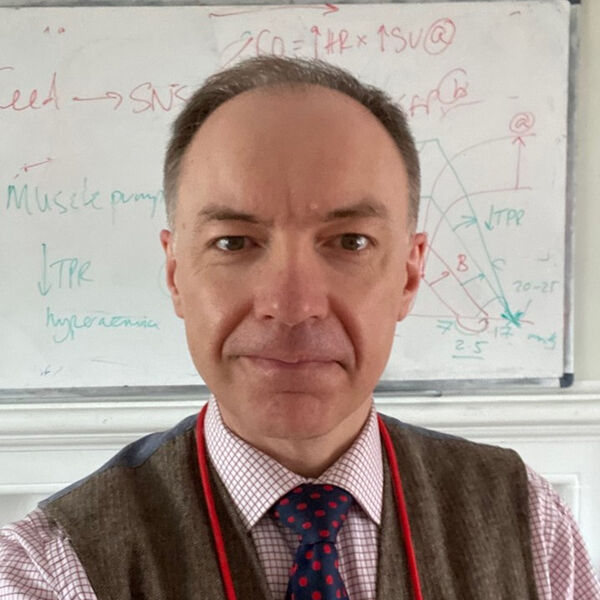
Professor Stefan Marciniak
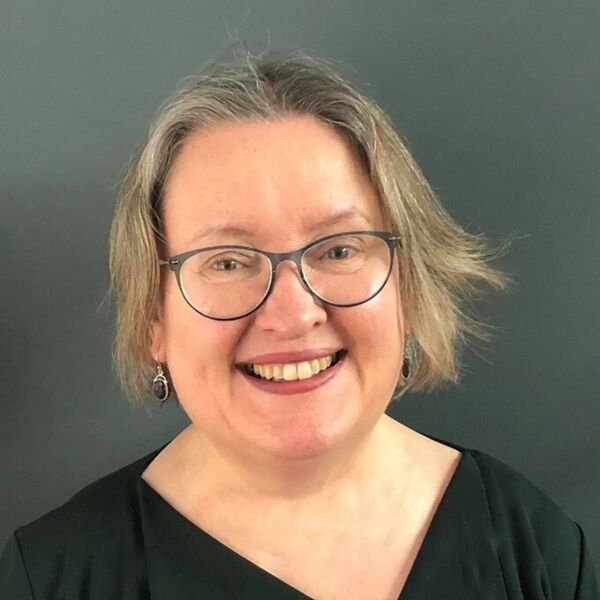
Professor Edel O’Toole
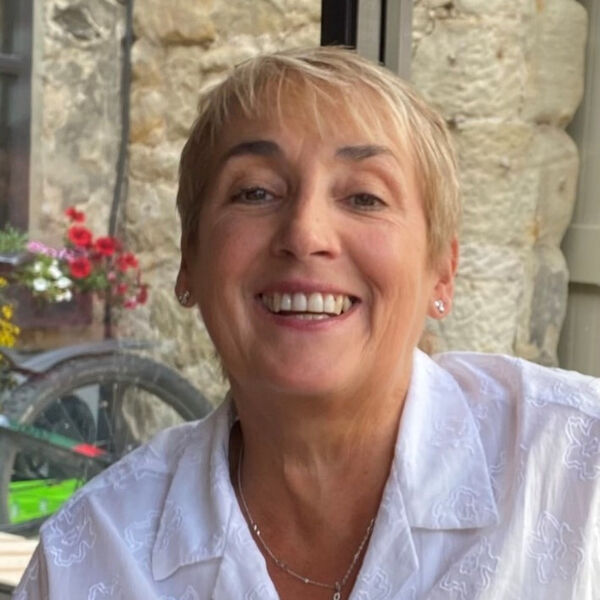
Carol Cox - patient
Patient

